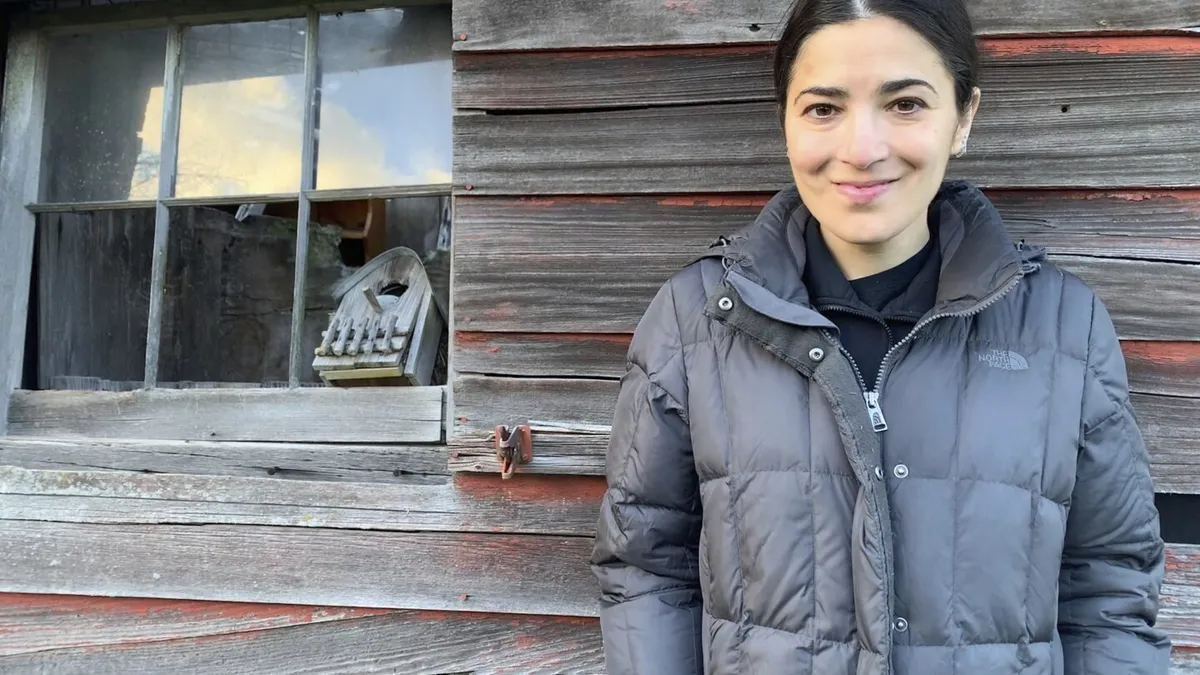
Emily Kramer-Golinkoff is a resilient 40-year-old living with advanced cystic fibrosis, a chronic condition that severely limits her ability to breathe. This genetic disease, which affects approximately 40,000 Americans, makes even the simplest activities, like walking or taking a shower, feel exhausting. Unfortunately, Emily's case is complicated by a rare genetic mutation, rendering common medications ineffective for her condition. While about 90% of cystic fibrosis patients benefit from existing treatments, those with less common mutations, like Emily, have limited options and face daunting health challenges.
The situation for patients with rare genetic mutations is not unique to cystic fibrosis. As advances in genetic science uncover the underlying causes of various genetic conditions, many patients with these rare mutations find themselves with fewer treatment options. The disparity in available therapies has led to a sense of urgency among these individuals, with many now looking toward experimental gene therapies as a beacon of hope. "We feel such pure joy for our friends who have been lifted from this sinking ship," said Kramer-Golinkoff. "But we just feel so eager and desperate to join them. It’s really hard to be in this minority of people left behind."
Compounding the difficulties faced by patients like Kramer-Golinkoff are market dynamics that prioritize the development of medications for more common genetic mutations. Dr. Kiran Musunuru, a gene editing expert at the University of Pennsylvania, points out that pharmaceutical companies are more likely to invest in treatments that cater to larger patient populations. "You need a sufficiently large number of patients in a major market in order for a company to be interested in going forward," he explains, highlighting a phenomenon he describes as "mutational discrimination."
In response to these challenges, numerous charities, including Emily’s Entourage, which Kramer-Golinkoff co-founded, are working diligently to bridge the gap. Their fundraising efforts have been instrumental in jump-starting gene therapy research aimed at providing solutions regardless of a patient's specific mutation. Although these therapies may not be available for years, Kramer-Golinkoff notes that the presence of clinical trials offers hope for many.
Diagnosed with cystic fibrosis at just six weeks old, Kramer-Golinkoff's life has been profoundly affected by the disease. Cystic fibrosis leads to the production of thick, sticky mucus that can block airways and lead to severe lung damage. The root cause lies in the malfunctioning CFTR protein, which is crucial for maintaining fluid balance in cells. "As I’ve gotten older … my CF has gotten worse, despite all my best efforts to delay it," she admits. While she once thrived, earning a master’s degree in bioethics and enjoying travel and social activities, her health has since declined, leading to complications like CF-related diabetes.
For many cystic fibrosis patients, advancements in CFTR modulator therapies have brought significant health improvements, restoring lung function and enhancing quality of life. However, these treatments do not benefit everyone; patients with rare mutations or unknown disease-causing mutations remain at a disadvantage. This disparity is particularly pronounced among underrepresented populations, where genetic testing may be limited.
To address the needs of all cystic fibrosis patients, researchers are exploring the potential of mutation-agnostic gene therapies. This innovative approach aims to develop treatments that can benefit all patients, regardless of their specific genetic mutation. According to Dr. Garry Cutting from the Johns Hopkins Cystic Fibrosis Center, there is a significant push to create these therapies. The Cystic Fibrosis Foundation reports that many of the 14 experimental gene therapies currently in development target all mutations of the disease.
One promising therapy, partially funded by the Cystic Fibrosis Foundation and supported by Emily’s Entourage, is currently undergoing clinical trials at Columbia University. The trial, which began in November, will evaluate the safety and efficacy of delivering a corrected version of the CFTR gene to patients. As Kramer-Golinkoff navigates the complexities of her illness, her optimism for the future remains steadfast. Despite living with only 30% lung function and managing multiple health challenges, she believes in the potential of gene therapies to transform lives. "We’re incredibly excited about the promise of gene therapies. They can’t come soon enough," she concludes.